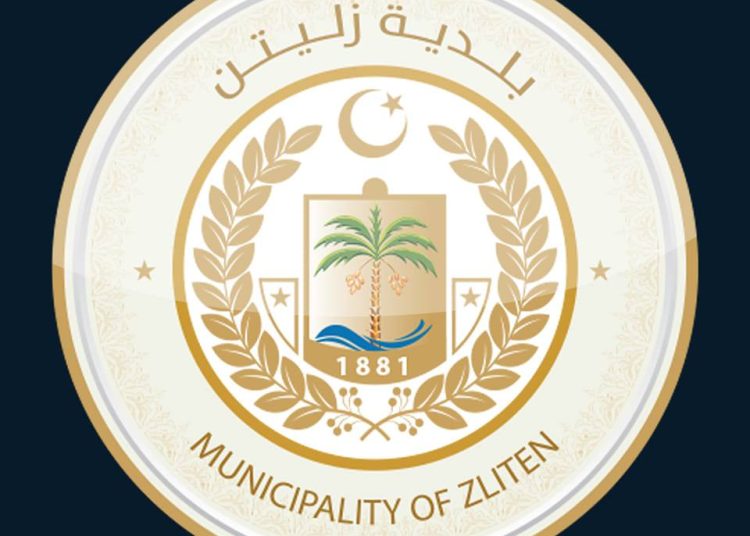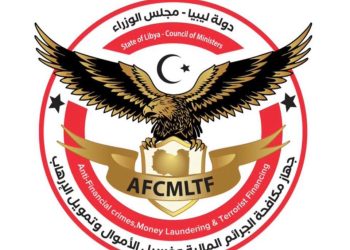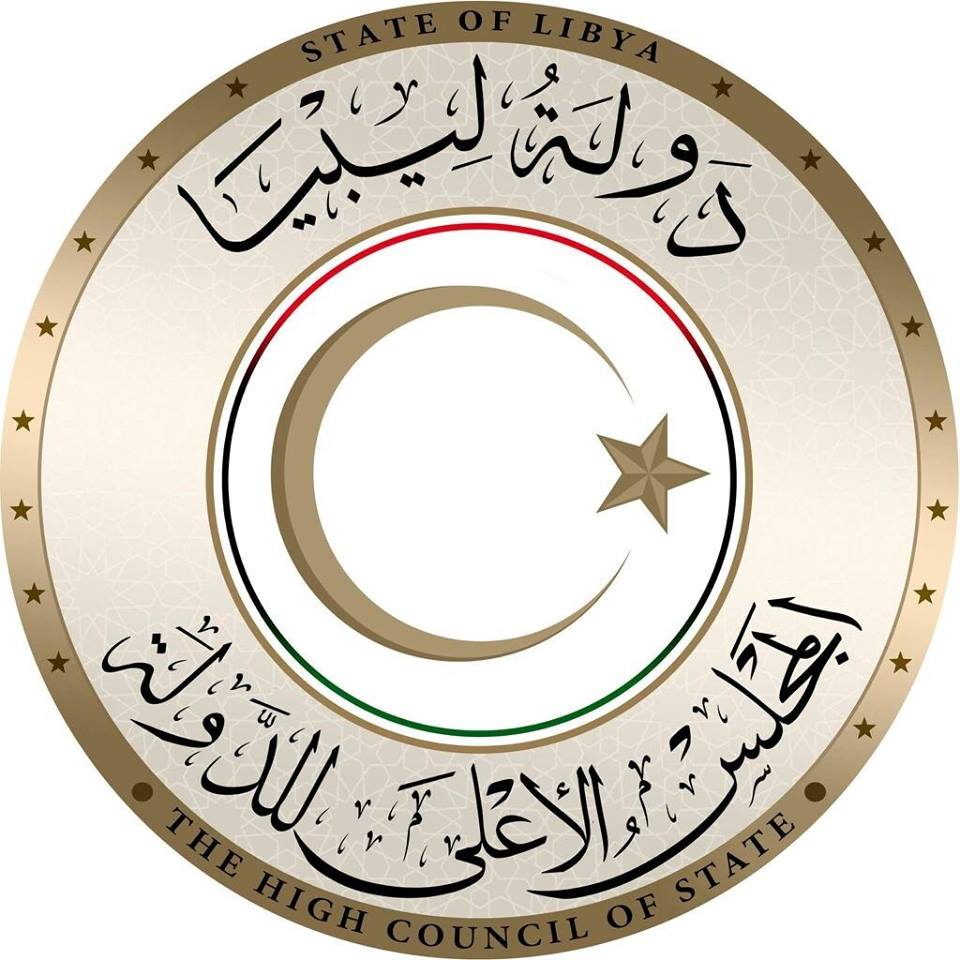Zliten Municipality reported today that an EU (REBUILD programme) pilot laboratory for fish collection and storage was launched today in the city’s port. Zliten is located 160 km east of Tripoli along the main coastal highway.
The launch ceremony was held in the presence of the Rebuild project team, the European Union Delegation to Libya, the Italian Embassy, the Undersecretary of the Ministry of Local Government, the Undersecretary of the Ministry of Marine Resources, some mayors of municipalities and the Director of the International Cooperation Department at the Ministry of Planning.
The Municipality said the project is a strategic step to support the maritime sector in Libya, raise the added value of fish products, and enable fishermen to keep pace with the requirements of the global market.
Part of EU’s REBUILD programme
As stated, the project is part of the EU’s REBUILD Pilot Action Fishery programme aimed at improving Libya’s fish supply chain as a contributor to diversifying Libya’s economy away from hydrocarbons.
Specifically, the fisheries project will allow for the conservation, refrigeration, commercialization, preparation for delivery to customers and delivery of fish.
Most importantly for Libya is that the project will allow for a comprehensive traceability system for the supply chain in the fishery sector – according to the current EU legislation – to enable the commercialization of fish at local and international markets.
The pilot fish laboratory and storage project is coordinated by Friuli-Venezia Giulia region, Italy’s northeastern autonomous region, bordering Austria, Slovenia, and the Adriatic Sea. It is implemented by Italy’s National Institute of Oceanography and Applied Geophysics (OGS).
The new Zliten facility, when fully operational, will have a capacity of 2 refrigeration rooms, 1 freezing room, 1 processing room, according to the EU standards of quality and traceability.
It will be able to process and store daily quantities between 500kg and 2 tons.
Besides Zliten, the REBUILD pilot action on fishery project also involves training and projects in the Libyan municipalities of Sirte, Benghazi, Tripoli, and Tobruk.










